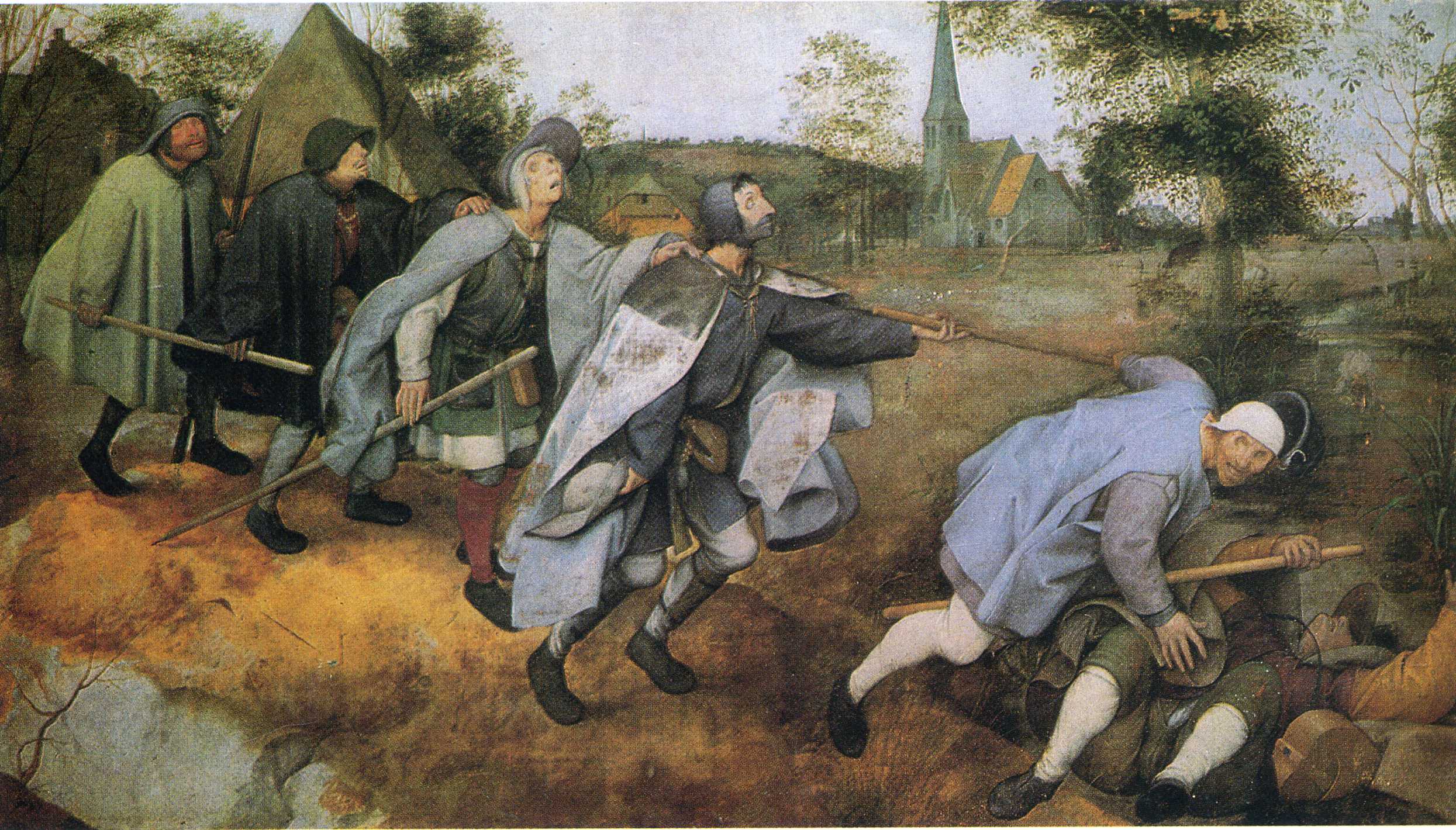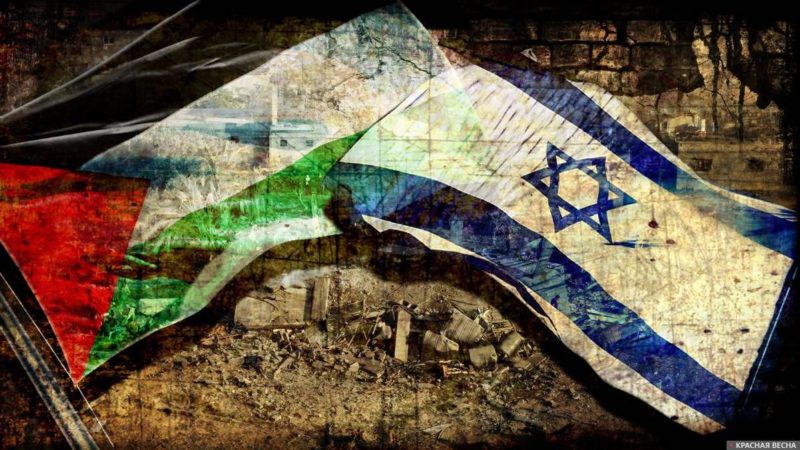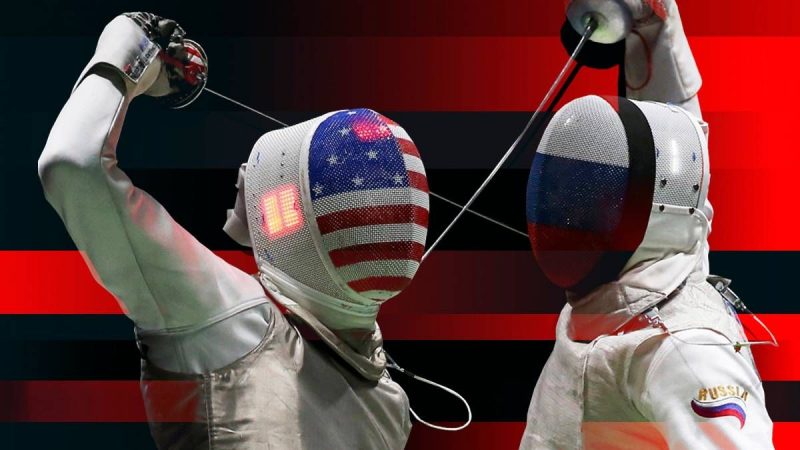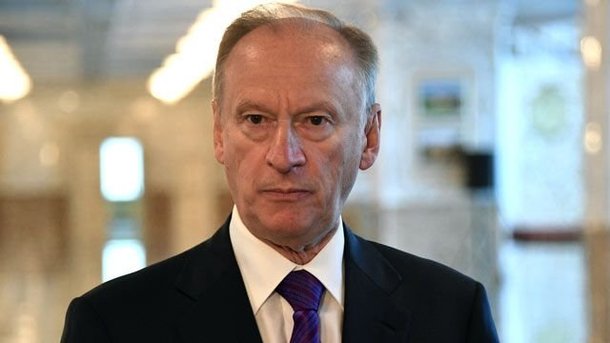14.01.2022, Moscow.
Modernization of the former Soviet republics has become impossible in the post-Soviet period, and any conversation on this topic is “fiction,” said political scientist, philosopher and the leader of the Essence of Time movement Sergey Kurginyan in the issue of The Meaning of the Game on the Kazakhstan events published on January 8 on YouTube.
“A peculiar, very unusual modernization was performed, not too rapidly, by the Russian Empire, and later, very rapidly, by the Soviet Union.”
“All this digging of canals, construction of industrial facilities, new educational levels, modernization of the population… all this migration, movement from one place to another, new theatres, renaissance of literature ― all this was essentially Soviet,” Kurginyan said.
Kurginyan noted that only an empire in its Russian or Soviet version was interested in developing the periphery. In post-Soviet Russia, regress was rapidly taking place when Boris Yeltsin was president, and after Vladimir Putin came it only slowed down, but it did not stop. In this situation, no one could support high culture in the countries of the former USSR, either.
“All these national literatures, often quite strong (Otar Chiladze, Grant Matevosyan etc.)” could only exist in an empire. No one cares for them outside an empire, no one! Al these ‘Aragatses,’ Alikhanov-Alikhanyans, Mergelyans etc. were needed in the empire. As soon as the empire collapsed, it turned out that all a non-empire needed was a tavern,” the political scientist said.
He noted that Russia previously created a national intelligentsia in the republics, but now all the countries in the post-Soviet territory are in a state regress. This also applies to the Baltic States.
“These super-exquisite Baltic States have a sleepy backwoods mentality. They could look super-exquisite in the Soviet period, almost like the West, but later it became clear what it is. It is the boonies, very sleepy inside, and quite vicious,” the expert noted.
According to the expert, this regress in the post-Soviet countries inevitably escalates any disagreements. This sooner or later leads to destabilization.
“This regress is incompatible with any soft diffuse nation state that is mutually pluralistic and open for compromises? No way! It can balance for a while as it happened when Kuchma was president, but then it increasingly escalates and collapses,” Kurginyan said.
On January 4 in Kazakhstan, protests escalated into unrest despite concessions from the authorities, which reduced gas prices. The tensest situation was in Alma-Ata. There, clashes between the radical protesters and law enforcement officials often resulted in hostilities using automatic weapons.
Source: Rossa Primavera News Agency




